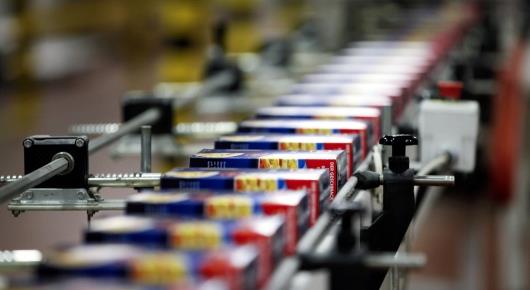Safety of food is focus of major international conference in Sochi

The list of potential food safety hazards is long and varied. Bacteria like salmonella and E. coli, mycotoxins, heavy metals, residues of pesticides and veterinary drugs, even food additives – all can cause illness or even death if present above acceptable levels.
Analyzing and evaluating the risk to public health of different food safety hazards is the broad theme of a two-day conference in Sochi, Russian Federation this week.
Some of the world’s top experts on food safety and related topics are participating in the International Conference on Food Safety and Risk Analysis. The event, which opened this morning, is organized jointly by FAO and Russia’s Federal Service for Supervision of Consumer Rights Protection and Human Wellbeing (Rospotrebnadzor).
It is the first-ever international forum held in the Russian Federation with the participation of leading Russian and foreign specialists in food safety topics, representatives of relevant Ministries, international organizations and agencies of the UN system, and the scientific community.
The morning plenary session – on global food safety risks 2017-2020 and beyond – was presided over by Anna Popova, Head of Rospotrebnadzor, and Ren Wang, FAO Assistant Director-General for Agriculture and Consumer Protection. Representatives of Russia’s Ministry of Agriculture and Ministry of Foreign Affairs also addressed the plenary session.
“Reliable and sustained availability and access to safe, nutritious food is a prerequisite for all human development, public health and economic prosperity,” said Wang. “Realizing this, FAO has hosted since 1963 the Codex Alimentarius Joint FAO/WHO International Food Standards Programme, arguably the single most important international reference point for food standards.”
In the afternoon, parallel sessions were set to cover these themes: Principles and modern approaches in food safety risk assessment, Risk assessment strategies for novel foods and technologies, Risk assessment and risk management of microbial contaminants in foods, and Risk analysis and best practices for chemical food contaminants.
“FAO would like to congratulate the Russian Federation for raising the profile of this very important issue through this conference,” FAO’s Wang said. International collaboration is considered essential – for aligning the various existing approaches to risk analysis, food safety requirements, and control and oversight measures.
The work of the Conference continues tomorrow (19 May), covering a range of topics including Antimicrobial resistance: risk assessment and possible strategies for risk reduction.
18 May 2017, Sochi, Russian Federation
